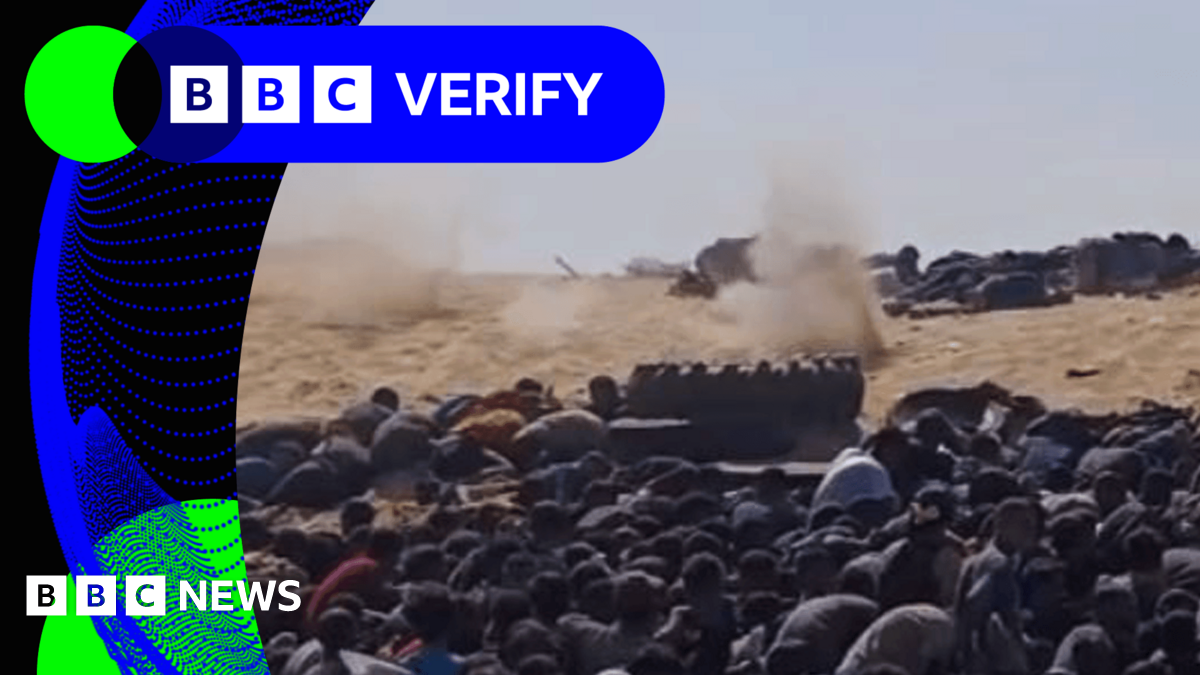Gaza Crisis: Malnutrition Crisis Deepens, Leaving Thousands of Children at Risk

Gaza Faces Dire Malnutrition Crisis – Children Bear the Brunt
The humanitarian situation in Gaza continues to deteriorate, with malnutrition rates reaching alarming new heights. According to the United Nations, tens of thousands of children and women are in desperate need of urgent medical treatment as the ongoing conflict severely disrupts access to food and essential supplies. The crisis is exacerbated by limited aid entering the blockaded territory, struggling to meet the escalating needs of the population.
A Growing Emergency: The situation has rapidly worsened since the recent ceasefire, with stockpiles of essential food items dwindling. Families are struggling to secure even basic sustenance, leading to widespread hunger and malnutrition, particularly among the most vulnerable – children and pregnant or breastfeeding women. The UN has warned that without immediate and substantial intervention, the consequences could be devastating, with long-term health and developmental impacts on an entire generation.
Children at Highest Risk: The impact on children is particularly harrowing. Malnutrition weakens immune systems, making them more susceptible to disease and hindering their physical and cognitive development. Cases of severe acute malnutrition are on the rise, requiring specialized medical care and nutritional support. Aid organizations are working tirelessly to provide ready-to-eat therapeutic food (RUTF) and other essential supplies, but the scale of the need is overwhelming.
Aid Delivery Challenges: The delivery of aid into Gaza remains a significant challenge. Bureaucratic hurdles, security concerns, and logistical constraints impede the flow of supplies, limiting the ability of humanitarian organizations to reach those most in need. The trickle of aid entering the territory is simply not enough to address the scale of the crisis.
Long-Term Consequences: The current malnutrition crisis is not just an immediate emergency; it has the potential to have long-term consequences for the health and well-being of the Gazan population. Malnutrition in early childhood can lead to stunted growth, impaired cognitive development, and increased vulnerability to disease throughout life. Addressing the underlying causes of food insecurity and building resilient food systems is crucial for preventing future crises.
International Response Needed: The international community has a vital role to play in addressing the malnutrition crisis in Gaza. Increased humanitarian aid, improved access for aid organizations, and diplomatic efforts to resolve the underlying conflict are urgently needed. Failure to act decisively will have devastating consequences for the people of Gaza, particularly its children.
Key Concerns:
- Tens of thousands of children and women require urgent malnutrition treatment.
- Aid delivery is severely restricted, hindering humanitarian efforts.
- Dwindling food stocks exacerbate the crisis.
- Long-term health and developmental consequences for children.
The situation in Gaza demands immediate and sustained attention. The lives and futures of countless children hang in the balance, and the international community must step up to ensure they receive the support they desperately need.






